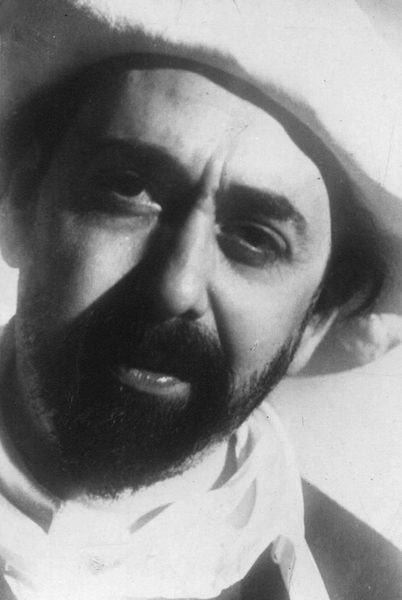Cool glass, when leaning forehead against window. Late-night lights go out, leaving us even lonelier. Spiderwebs woven by wires over rooftops. Hollow trot of passing nags touches us for no reason.
What does the howl of these cats in heat call to mind, and what can the scraps of paper be plotting as they slither onto empty patios?
The time of night when old furniture seizes the chance to shed its lies, when pipes make strangulated cries, as though suffocating inside the walls.
Now and then we think, when flipping the electric light switch, of the fright the shadows must feel, and we’d like to warn them so they have time to curl up in the corners. And now and then there is something sinister about the telephone-pole crosses over the rooftops, and one wants to slink along the walls like a cat or a thief.
Nights when we wish for a hand to caress our lower back, when we suddenly realize that no tenderness compares to stroking something as it sleeps.
Silence!—voiceless cricket that hops in our ear. Leaky faucet song!—the only cricket that fits the city.
Buenos Aires, November 1921.





